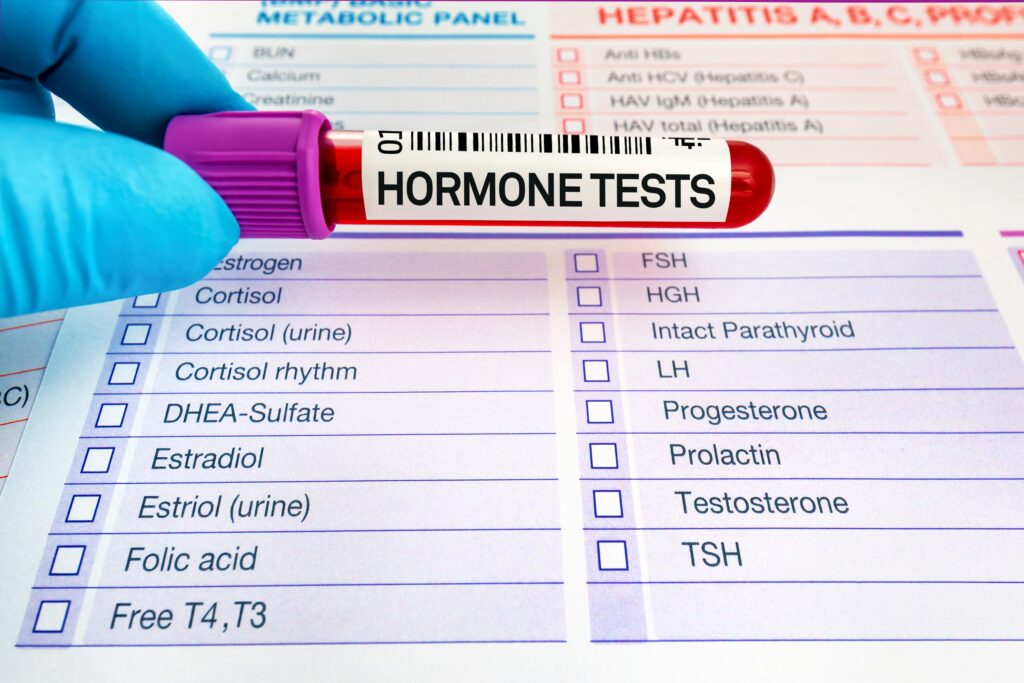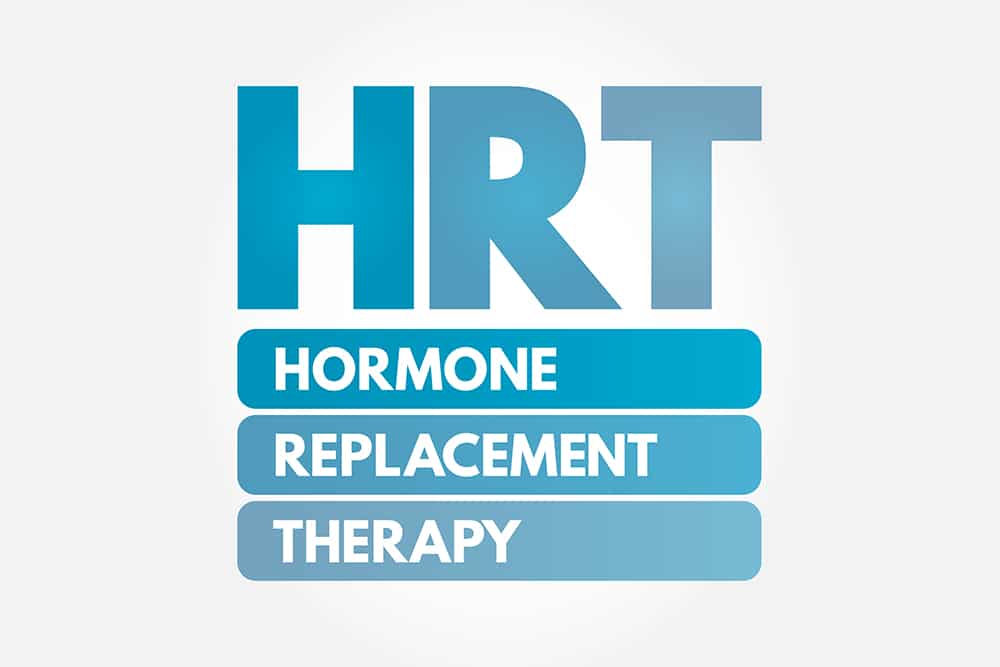As menopausal women begin to see symptoms of the change, their quality of life can begin to deteriorate, leading them to seek any which way to alleviate these side effects. Exercise can be a great, natural way to manage the physical changes happening in the body at this time of life.
It also promotes an overall healthier lifestyle; by incorporating more movement and exercise into our lives there are an abundance of benefits for us both physically and mentally. Exercise can improve bone density and strength, release endorphins to boost our moods, and significantly reduce risks of cardiovascular problems and cancers.
In this guide, we will explain whether exercise is good for menopause symptoms, as well as offering lifestyle advice for the perimenopausal/menopausal woman. You should aim to exercise every week no matter your symptoms, but if you want to target any side effect in particular here are some ideas:
Irritability and low moods
Did you know that walking for an hour a day reduces the risk of major depression? That’s because regular exercise releases endorphins and dopamine – the happy chemicals – into our brains, lifting our moods and improving our mental health.
As irritability and low moods can have massive impacts on a menopausal woman’s quality of life, it is important we take care of our minds as well as our bodies. Incorporating an hour of walking a day isn’t as hard as you might think, just stick some music or a podcast on and enjoy the nature surrounding you. There’s nothing like a long walk to bring you back down to Earth.
Weight gain
It goes without saying that exercise can be of great benefit in avoiding or responding to weight gain during the menopause. Weight gain affects many menopause sufferers, with women gaining between 10 to 15 pounds on average. In fact, most women going through the change are more prone to developing obesity than those on either side of it.
That’s why regular, moderate exercise can be a great way to get rid of your menopause weight gain. If you move consistently throughout the day, perhaps by reaching step goals, moving consistently around the house, or just remaining up and about for long periods at a time, you have a great chance of losing weight.
Due to genetics, medical histories, or personal circumstances, sometimes exercise might not be enough. If losing weight has been a lifelong battle and nothing has worked, you are the perfect candidate to try medical weight loss. Bodyline’s personalised medical weight loss journeys has seen over 100,000 clients lose up to a stone in their first month. You can too!
By prescribing safe and quality assured appetite suppressants aligned to your lifestyle and health, we can help you get to a healthy weight throughout your menopause and beyond. To enquire, call us on 0800 995 6036 or fill out our online contact form for a call back.
Risk of cancer or cardiovascular disease
The best way to maintain your heart health throughout your menopause is to exercise your heart as you would any other muscle. Whether that be running, cycling, or swimming – if you increase the amount of aerobic exercise you are doing, you can get that heart rate rising and your blood pumping around the body.
Loss of bone strength and density
The best exercises to maintain or improve your bone strength and density are those that include resistance or muscle training. Resistance training exercises are those that have you work against the natural pull of gravity.
One great exercise incorporating resistance training is hiking, as you walk up hills to strengthen your leg muscles and bones. Additionally, lifting weights not only improves your muscles, but also targets your bones. Why not combine both and go for an uphill walk with weighted wrist and ankle straps?
Hot flashes
For some symptoms, exercise may not have a major impact on their reduction. This is the case primarily for disordered sleep and hot flashes. If your life is being negatively impacted by these menopause side effects, and exercise doesn’t seem to help, it may be worth considering implementing HRT into your life.
Bodyline offers personalised Hormone Replacement Therapy treatments to target your menopause symptoms directly based on a blood analysis and medical history. With fully supported bespoke plans, you will have the expertise of our Specialised Menopause Nurses behind you, rallying support to get you through this period in your life.
Don’t lose hope, call our clinic today to find out more about our M Plan on 0800 995 6036 – or fill in our online contact form for a call back. Exercise is good for menopause symptoms, but Bodyline is better. That’s why Bodyline works, and Bodyline cares.
Pelvic floor
The menopause can also have an impact on our pelvic floor strength, which naturally weakens over time when it isn’t exercised. It’s important to regularly perform Kegel exercises, clenching and unclenching the muscles at the base of your pelvis.
Not only will this improve your ability to contain yourself when exercising, laughing, or coughing, it can also improve your sex life by making it more enjoyable.
What’s more, you can do them wherever you are: watching television, while doing the dishes, even in the shower.
As Samantha Jones from Sex and the City once said, with a cosmopolitan in her hand, “I’m doing mine right now!”















